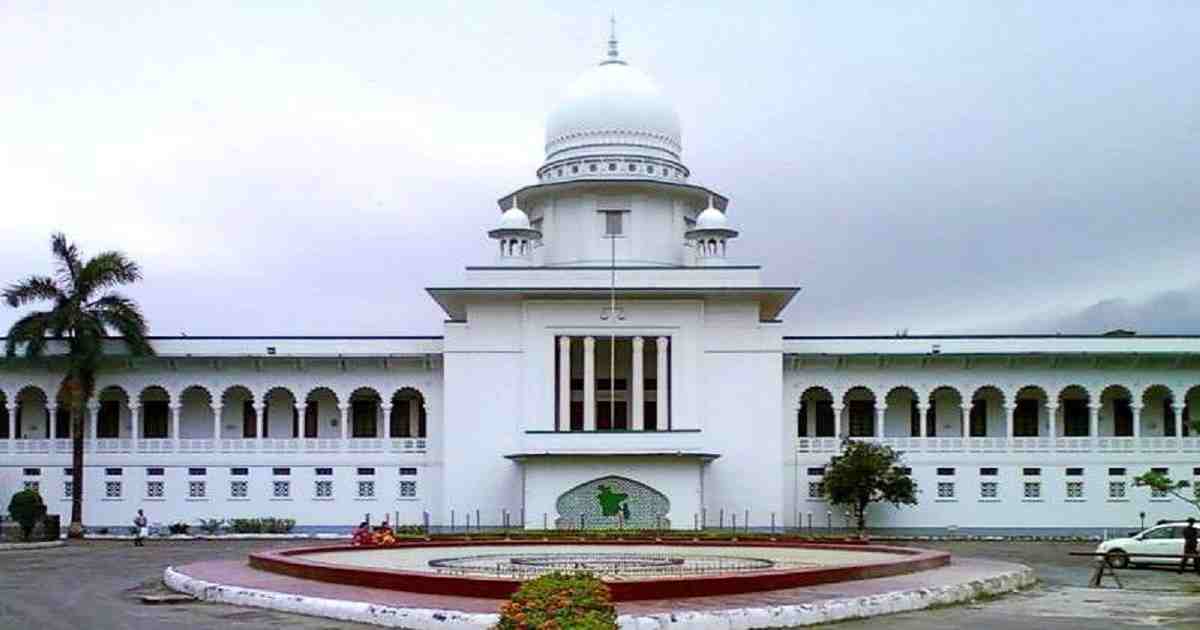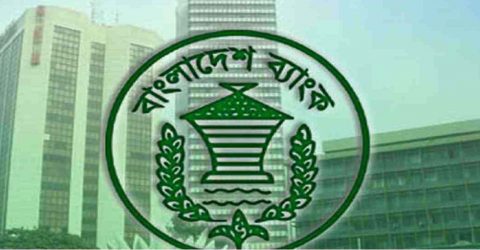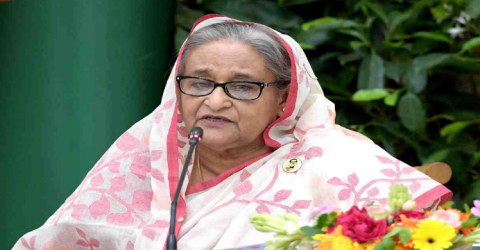Corruption in NSU’s land acquisition: Hearing on 4 trustees’ bail plea Thursday
The Bangladesh The Bangladesh
Today

The High Court on Wednesday fixed Thursday for the hearing of the bail petitions of four trustee board members of North South University (NSU) in a case over embezzling money in the name of buying land for the campus.
The four members of the board of trustees of the university who sought bail were MA Kashem, Benazir Ahmed, Rehana Rahman and Muhammad Shahjahan.
The HC bench of Justice Md Nazrul Islam Talukder and Justice Kazi Md Ejarul Haque Akondo fixed the date after hearing of the case today.
Barrister Ajmalul Hossain QC, former Attorney General AF Hassan Ariff and former Attorney General Fida M Kamal and Barrister Mizan Sayeed appeared for the accused in the court while Attorney General AM Amin Uddin ,Additional Attorney General Sheikh Mohammad Morshed and Deputy Attorney General AKM Amin Uddin Manik represented the state.
On May 5, the Anti-Corruption Commission (ACC) sued the chairman of the board of trustees of North South University (NSU) Azim Uddin Ahmed and five others for embezzling money in the name of buying land for the campus.
The other accused are: Managing director of Ashalaya Housing and Developers Limited Amin Mobammad Hilali and NSU Board of Trustee members MA Kashem, Benazir Ahmed, Rehana Rahman and Muhammad Shahjahan.
The investigating officer of the ACC’s Deputy Director Farid Ahmed Patwar filed the case.
According to the Private University Act, 2010, the Board of Trustees is the highest governing body of a private university like North South University. According to the Memorandum of Association and Articles (Rules and Regulations) of the University, the University is a charitable, welfare oriented, non-commercial and non-profit educational institution.
The case states that over 9088 decimal land was bought in the name of campus development of NSU with the consent of some members of the Board of Trustees bypassing the approval of the University Syndicate, University Grants Commission and the Ministry of Education.
They later withdrew cash from the buyer through cash checks in their own names and kept FDR in their own names.
They unjustly benefited themselves by committing illegal activities through misuse of power and embezzling university and government funds, according to the case.
In carrying out such illegal activities, they have committed a punishable offense by resorting to fraud and forgery and exchanging commissions.




